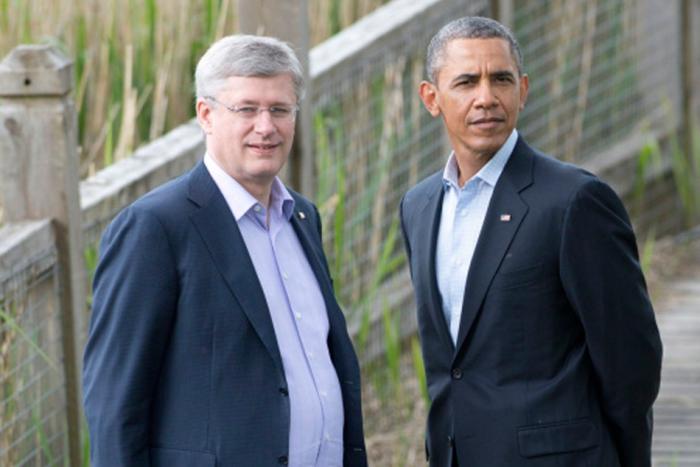MedHelp.org, a forum where users share their health questions and concerns, is mostly organized by topics like Acne, Burns, Cold & Flu. But there’s also a thread for the topic “Can babies see angels?”
Babyprayers writes: “There are times my 3 month old stares at the ceiling, follows ‘something’ with her eyes and has a huge smile on her face.”
HelpinUtah responds: “I believe that they smile a lot because they can still feel and see God and his angels. They are so pure and innocent!” (A few comments later, HelpinUtah expresses the opinion that his/her deaf cat, Daisy, is also seeing angels, or possibly the spirits of HelpinUtah’s previous cats, when Daisy stares at one spot for a long time.)
There’s a tempting logic to the idea that children have a special relationship with the divine—that their eyes haven’t yet totally adjusted to this world. In Anthony de Sa’s new novel, Kicking the Sky, Antonio Rebelo gets a singularly glorious present for his 12th birthday: a vision of God in a limpet shell. At first, Antonio has trouble getting his family’s attention—they’re busy gossiping about the murder of a shoeshine boy in their Portuguese immigrant neighbourhood of Toronto—but once Antonio manages to get the shell into his mother’s hand, she drops to her knees. “‘A miracle,’ my mother wailed, her entire body trembling. ‘Pai Nossos, que estais nos céus, santificado seja o Vosso nome...’”
It’s the answer to the community’s troubles, and the beginning of Antonio’s. Every day after school, he sits on a makeshift stage in the family’s garage wearing a red velvet Christmas tree skirt and tinsel, and blesses the faithful who line up around the block to feel his hand on their foreheads. The shell with the mottled image of Jesus reposes in a block of ice by his side.
In the novel, it’s clear that Antonio feels exploited; it’s less clear whether he believes his vision was a miracle. The extent to which children are capable of forming their own ideas about religious concepts is hard to gauge. The “purity” and “innocence” HelpinUtah sees can be a blank screen where adults project their own fantasies and desires.
As adults, when we see children believing in something we don’t like, we’re apt to use the term “brainwashing.” In an article in this month’s London Review of Books, author Andrew O’Hagan visits a rehabilitation camp for child jihadis in Kabul. One of the camp’s directors, Mr. Ahmady, describes how difficult it is to get the children out of the mindset they come in with: “The brainwashing has been so effective,” he says. O’Hagan goes the counselling centre where boys are playing on a rug on the floor, and asks them how their stay at the camp is going:
“I feel better since coming here,” said Samoon, a 13-year-old who had had pressure put on him by his father and his uncle. He had very green eyes and couldn’t stop laughing. “I would like my own life now and I would like to be a civil engineer.” The boy who sat next to him was called Ibrahim and he wanted to be a pilot. “I would like to help my country,” he added. People who work with children like Samoon tell me war has undermined any sense of where they fit into the world.
Is the ambition to be a civil engineer really that different, in a child’s mind, from the ambition to be a martyr? It’s possible that Samoon’s grasp of what a civil engineer actually does is weaker than his grasp of what a jihadi does. A civil engineer is a figure from the adult world who represents a set of values: steady income, high educational attainment, professional success. These are ingredients of a certain type of grown-up’s attitude about the meaning of life, not reflections of what actually interests a child. The phrase “civil engineer” is a magical incantation not so different from a holy phrase learned by rote.
It seems as though mystical experiences and beliefs should be natural to children because they still live in their own personal magical realism period—a time when disbelief doesn’t need to be suspended because it hasn’t yet arrived. Miracles, we imagine, aren’t so hard to believe in for a child. Studies conducted in the UK, however, seem to suggest the opposite—that when quizzed about their conception of Jesus, the miracles are the part of the story that make children suspicious.
A 2008 study found that, in a sample group of 10 and 11-year-olds, both secular and of various religious faiths, everyone could agree that Jesus was basically a nice person who wanted there to be peace on earth. They were more dubious of the claims that Jesus had risen from the dead, was the incarnation of God on earth, and could make prayers come true. Earlier work in the 1960s and ‘70s concluded that “rather than promote belief in Jesus’ divinity, the miraculous elements of the Gospel narratives are frequently met with suspicion by young people leading to a general distrust of Christian claims made about Jesus based on those narratives.” Children, it seems, are natural skeptics.
Maybe babies are seeing angels and maybe they aren’t. At three months, research suggest, babies stare fixedly at one spot because their brains are reorganizing which areas control the visual system—it’s called “sticky fixation.” But adults want to believe that babies are concentrating on something they view as important—whether it’s heavenly visitors or parents’ faces—which shows how desperate we can be to read children’s behaviour as proof of our own beliefs. You wonder if Colton Burpo, the four-year-old son of a Nebraska pastor who “saw God” during a near-death experience, and whose book, Heaven is for Real (ghostwritten by his father), is now being made into a movie starring Greg Kinnear, will look back fondly on his childhood celebrity later in life. As with any child star, it can be damaging to learn too young how to give an audience what they want.
Eventually Antonio’s father—who had built the stage, collected money from the pilgrims, and stashed the holy limpet shell in the freezer in a margarine tub full of water every night—becomes uneasy with the fevered devotion the throngs of people show his son. They cry and scream; one pricks Antonio’s leg with a needle and sucks his blood.
Eventually, his father has to choose between his own interests and his son’s. The troubled community needs a miracle and the family needs the money; Antonio needs his childhood.
Every week, Linda Besner reads a new book and writes on a tangentially related topic.






